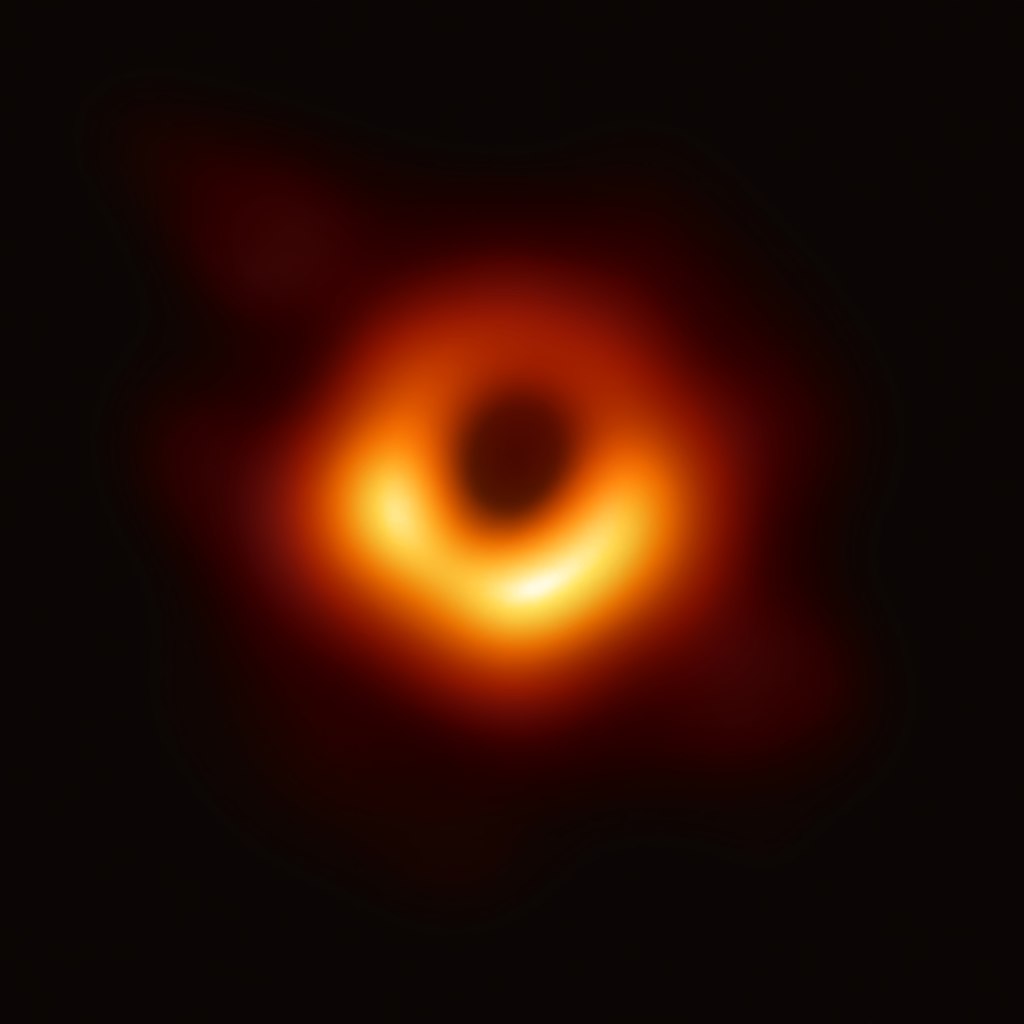
The scientists who collaborated to produce the world’s first image of a black hole have won the Breakthrough Prize in Fundamental Physics. Directed by Shep Doeleman at the Harvard-Smithsonian Center for Astrophysics, the team spent over a decade working towards the achievement. The collaboration required the efforts of hundreds of people, including many early-career scientists and graduate students. The $3 million prize will be shared equally by all 347 authors of six papers that announced the image on April 10, 2019.
The Event Horizon Telescope Collaboration linked eight radio telescope facilities working in pairs around the world to achieve an unprecedented resolution of the Messier 87 (M87) galaxy, 55 million light years away. Using this array, they were able to observe a black hole’s silhouette for the first time in history. In April, they published the first image of a supermassive black hole, having a mass 6.5 billion times that of the Sun, encircled by an orange halo of white hot plasma.
The Breakthrough Prize, launched by Silicon Valley entrepreneurs eight years ago, annually awards researchers in the life sciences, mathematics, and fundamental physics. It is considered the highest-paying science prize. The winners of the 2020 Breakthrough Prizes will be taking home $21.6 million in awards. The honorees will be recognized at a gala awards ceremony on November 3 at the NASA Ames Research Center in Mountain View, California. The ceremony will be televised on National Geographic.
Alex Eskin (University of Chicago) – mathematics prize for work on “the geometry of moduli spaces of Abelian differentials, including the proof of the magic wand theorem” with Iranian mathematician Maryam Mirzakhani. Mirzakhani passed away from breast cancer in 2017.
Jeffrey M. Friedman (Rockefeller University and Howard Hughes Medical Institute) – life sciences award for work on endocrine system regulation of hunger signals.
David Julius (University of California, San Francisco) – life sciences prize for his work on cell signaling mechanisms for producing pain.
Virginia Man-Yee Lee (University of Pennsylvania) – life sciences prize for her work on how protein behavior relates to neurological diseases.
F. Ulrich Hartl (Max Planck Institute of Biochemistry) and Arthur L. Horwich (Yale School of Medicine and Howard Hughes Medical Institute) – life sciences prize for their work on protein folding and its role in disease.
